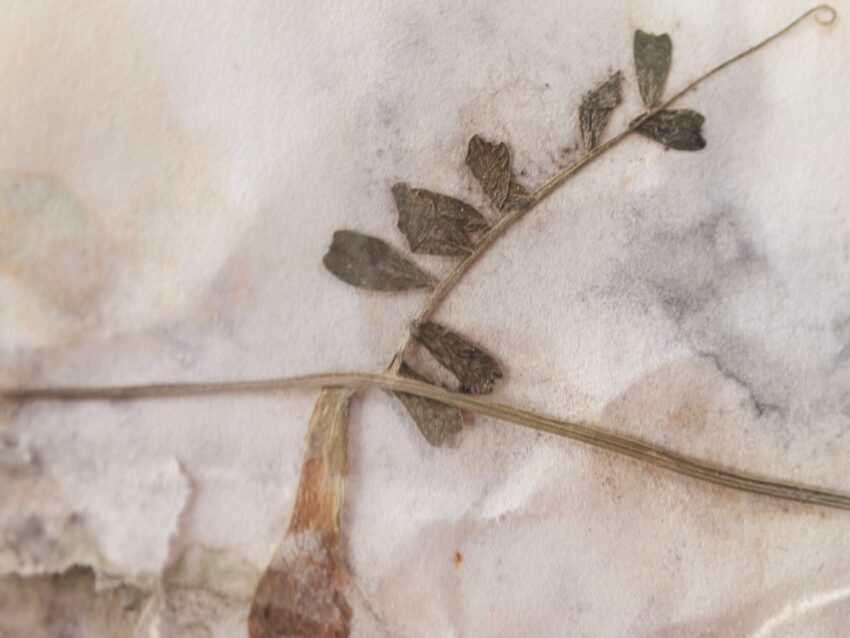We call ourselves kin’d & kin’d, a composite eco-poet who leads poetry courses and writes collaboratively. We are hosting a short series of free events for ONCA – field fairing – in which we investigate and celebrate diverse views and thinking about ways of making eco-poetry.
We are pleased to announce that our first occasion, on 20th May, will feature poet Merrie Joy Williams, who is currently writing about the Wellesbourne underground river in Brighton.
What do we mean by ‘eco-poetry’? Some people would say that all poets are eco-poets now, given that we are writing in the midst of the current eco-crisis; and of course poets have always explored our relationship with what we call the natural world, have for centuries addressed the shocks of land colonization and degradation. However, ‘eco-poetry’ as a term only developed in the 1960s as writers became aware particularly of pollution, industrialized farming, the holes in the ozone layer – and whilst the popularity of eco-poetry waxes and wanes, it has also been evolving.
Much eco-poetry addresses loss, the apocalyptic and social injustice: a key anthology in the UK was Bloodaxe’s Earth Shattering: ecopoems (2007); in 2010, the activist group PLATFORM together with African Writers Abroad held a two-month series of events called C Words: Carbon, Climate, Capital, Culture featuring the poets Dorothea Smartt, Sai Murai, Susan Richardson, Zena Edwards and many others. In the US around the same time several key eco-poetry anthologies were published, including The Eco-Poetry Anthology, and Black Nature: Four Centuries of African American Nature Poetry. More recently, the poetry journal Magma produced ‘The Climate Change Issue’ (2018) and an increasing number of poets have been facing head-on our cruelty towards and disregard for wild animals and birds (in Pascale Petit’s work Tiger Girl and Mama Amazonia, for example), whilst Natalie Diaz, who was raised in the Fort Mojave Indian Village, shows us the meaning of water in an extractivist culture in her acclaimed collection, Postcolonial Love Poem. A new anthology of Native Nations poetry was published in 2020: When The Light Of The World Was Subdued, Our Songs Came Through edited by Joy Harjo, the current US Poet Laureate.
For kin’d & kin’d, eco-poetry is simply a poetry that aspires to be conscious of what we are doing when we describe, record, interact with or take from what we call nature; that recognises the natural world as source, not resource. And what we are interested in for this ONCA series is how a diverse range of poets are experimenting both with language, with form and craft, and with the act of writing itself – in ways that might help us to re-imagine our relationship with the non-human. Elizabeth-Jane Burnett’s embodied investigation into her Devon/Kenyan heritage, for example, created a ground-breaking series of prose poems, The Grassling: a geological memoir – as if honouring Alice Oswald’s quest to ‘bring living things unmediated into the text.’ (see Oswald’s introduction to The Thunder Mutters: 100 Poems for the Planet).
We have ourselves invented forms or processes of engaging with the non-human that have produced something we name ‘poemish’, perhaps allowing grammar and syntax to be pushed to their limits, or adapting traditional forms to make a wilded sonnet, a vanishing elegy, a growing form (rest/oration). Working with the participants of our courses, we have found that some of the best writing arises from this formal experimentation, which isn’t only linguistic but visual, and a kind of choreography. Merrie Joy Williams is an inventor of poetic forms, too, and we much look forward to her reading and our discussion on 20 May.
ABOUT KIN’D & KIN’D
Since 2018, kin’d & kin’d (Kay Syrad and Clare Whistler) have led a series of eco-poetry workshops at ONCA under the title Changing Everything Carefully, also at the re-wilded estate, Knepp Wildland, near Horsham and at the Aldeburgh Poetry Festival. Their collaborative poems have been published in Magma and Finished Creatures, and Elephant Press has published their chapbook, h/edge (2021) and their anthologies of participants’ work: Poemish & Other Languages (2019), Poemish of the Wildland (2019), fabri-cation: slip back to source – a journey of materials (2020) and Alice Willitts’ interview with them, Think Thing (2021).
—
Share on Twitter /
Share on Facebook
Posted on April 29, 2021
Categories: Artist Development, O N C A Updates
Tags: 2021, eco-poetry, kin'd & kin'd, Merrie Joy WilliamsChanging Everything Carefully, Poetry
→ Activism Podcast Making Course with Billie Eliot
← Emerge 2018-2021
